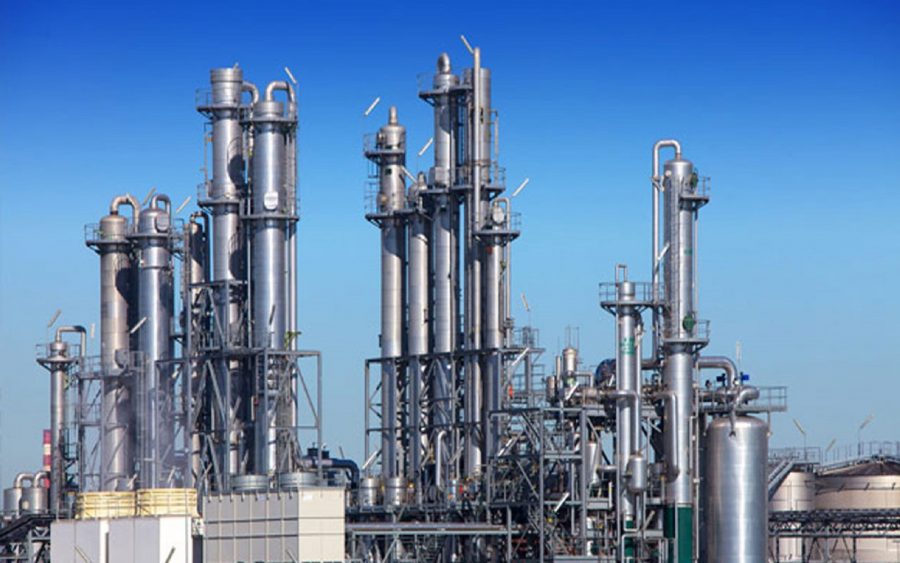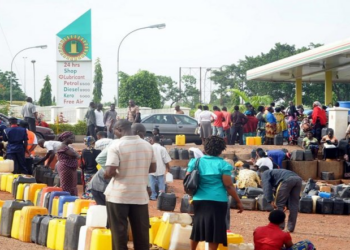As the commencement date for operations at the Dangote Refinery and Petrochemical Limited draws closer, the company has disclosed that cash flow from the $12 billion refinery project would go towards crude oil production.
In specific terms, the funds will be channeled towards crude production in two Oil Mining Leases (i.e., OML 71 and OML 72), from which the company hopes to pump as much as 20,000 barrels of crude per day.
Reason for this Plan:The Executive Director at one of Dangote Refinery’s upstream subsidiaries — Dangote Exploration Assets,Edwin Devakumar, said the plan was made bearing in mind that “crude oil production is where majority of our cash flow from the refinery will go to. We’ll focus on that after we start the refinery.”
More Details: With a refining capacity of 650,000 barrels per day, the Dangote Refinery project which was undertaken by Africa’s richest man, Aliko Dangote, has been adjudged as one of the world’s biggest. Consequently, it needs easy and constant access to crude oil in order to ensure its optimal functionality.
About MMLs 71 and 72: The OMLs 71 and 72 are two shallow-water oil blocks which are located in the South-Eastern part of the Niger Delta. They’ve been producing crude since 1985 and have gone through a series of ownership structures. OML 71, for instance, was co-owned by the Nigerian National Petroleum Corporation (NNPC) and Shell in a joint venture.
In 2015, West African E&P (which is a subsidiary of Dangote Refinery) expended $300 million to buy out 45% of the OMLs from Total, ENI, and Shell. Since the purchase, efforts have been made by West African E&P and its partners to ascertain that the old oilfields are still viable.
One of the partners on the project is the National Petroleum Investment Management Services, NAPIMS. Recently, officials at NAPIMS confirmed that “we have established that some wells can flow and we have done minor refurbishment of the platform.”
The Dangote Refinery is expected to be a game-changer for Nigeria when it eventually commences operation in a few years. Some of its identified advantages include:
- Generating as much as $11 billion per annum for the Nigerian oil and gas industry
- Put an end to Nigeria’s dependence on fuel importation
- It will save the country from dirty fuels
- Dangote Refinery is also expected to create as much as 145,000 indirect jobs on completion
READ FURTHER: Dangote Refinery’s major competition has been identified




















